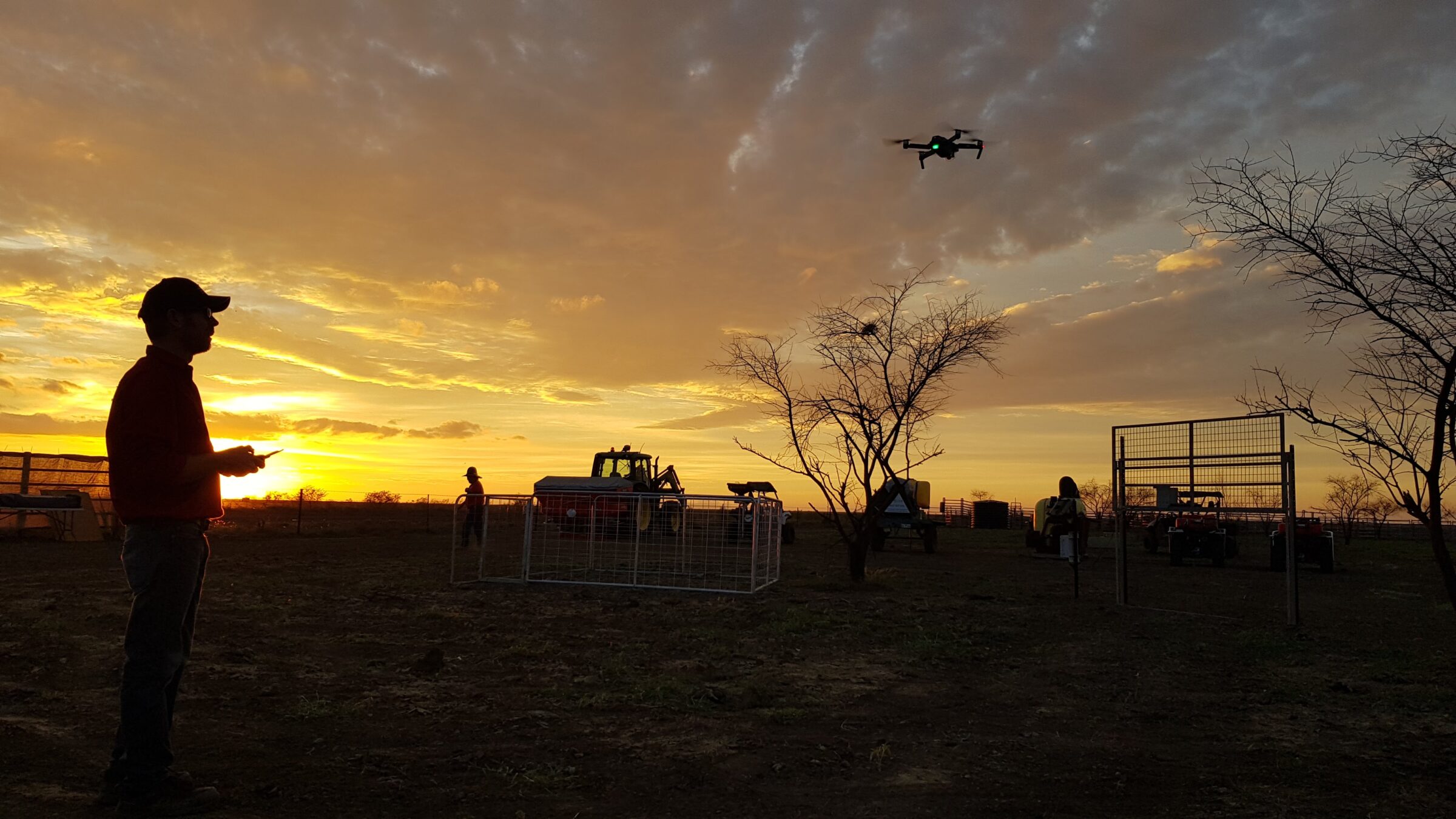
The Challenge
The Outback is the source of nearly half of Australia’s export revenue and supports over 40,000 small and medium-sized enterprises. It is also the site of incalculable cultural and environmental capital. However, the critical importance of the Outback to the nation is undermined by the scarcity, transience and ineffectiveness of capital reinvestment.
Remote Australia possesses significant levels of economic activity, strong social capacity, and significant locally- relevant expertise. However, much of this activity occurs in ways that differ from economic activity in more densely populated areas, so that the interface between remote areas and Australia’s coastal hinterland often fails, resulting in lost opportunities to contribute to the Australian economy.
Most policy instruments, implicitly or explicitly, promote economies of scale to reduce costs, by aggregating activity within one sector. In the Outback, these sorts of economies are often inefficient due to the huge distances and small populations. Additionally, external service delivery in the Outback often fails to consider local issues or opportunities, and has a tendency towards the application of ‘one-size- fits-all’ solutions. This results in ineffective services and a further erosion of the social capital needed to maintain the Outback’s contribution to Australia.
The Solution
A more effective approach is to make use of economies of scope that aggregate activities across sectors. This strengthening of Outback business development stands to deliver benefits beyond more effective services.
Attention should be paid to the delivery of integrated and thoughtful policy adjustments which enable the Outback to better contribute to the Australian economy.
These should include:
- governance processes that enable local expression of needs, supported through organisations with local knowledge;
- essential infrastructure to enable local organisations to work more efficiently and compete effectively with specialist organisations based in capital cities;
- improved public and private procurement criteria that value local knowledge and networks, local engagement processes and local capacity building;
- greater coordination of procurement to allow local economies of scope; and
- data systems that connect regionally to facilitate stronger decision making and planning approaches.

